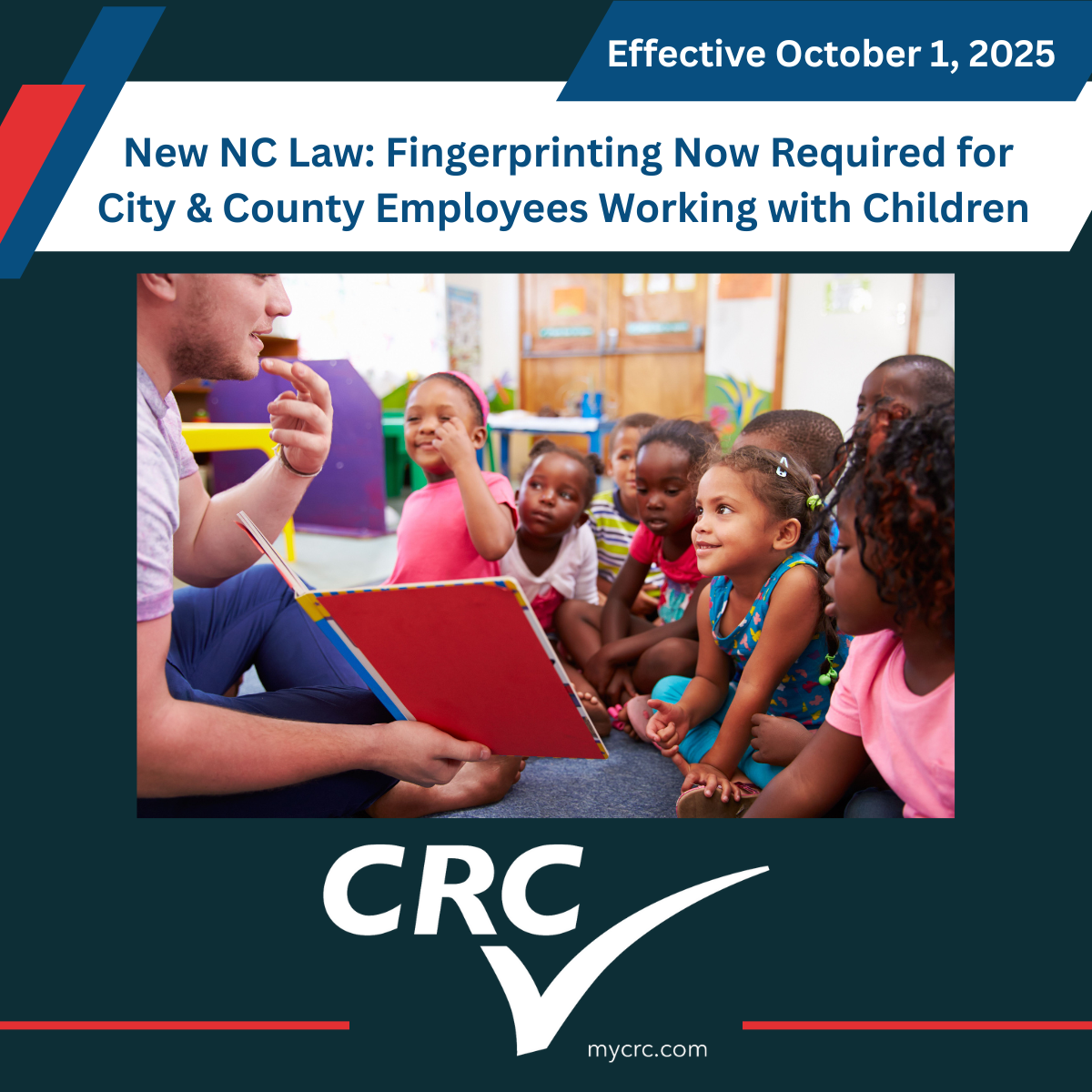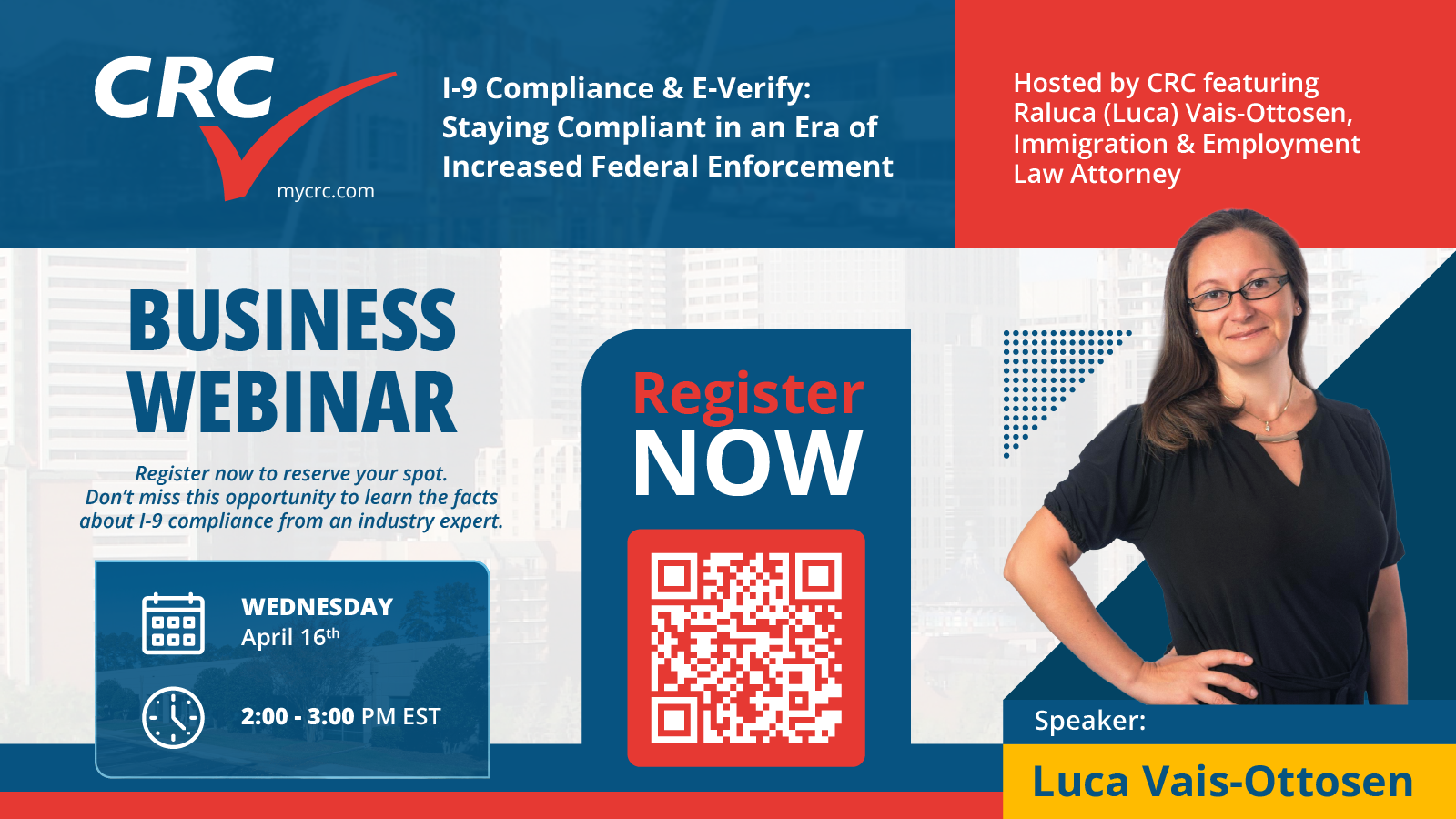Effective October 1, 2025
Beginning October 1, 2025, a new North Carolina law will require all city and county applicants offered positions involving work with children to undergo a State and Federal fingerprint-based criminal background check.
This update, outlined in Part IV of Session Law 2025, amends G.S. 153A-94.2 and G.S. 160A-164.2, mandating that local and regional public employers perform fingerprint-based screenings through the North Carolina State Bureau of Investigation (SBI) before finalizing employment offers.
Previously, counties and municipalities could require criminal history record checks at their discretion. Under the new law, fingerprinting is now mandatory for any applicant offered a position that involves working with children – including roles in parks and recreation, public libraries, after-school programs, community centers, and other youth-serving departments.
Employers must extend a conditional offer of employment pending the results of the criminal history record check, ensuring that individuals are properly vetted before beginning work with minors.
What This Means for Local Governments
This new legislation strengthens North Carolina’s commitment to protecting children by ensuring consistent and thorough background screening practices across all city and county agencies.
At CRC, we’re ready to help municipalities and counties meet these new compliance requirements through our NC SBI-approved fingerprint card services and background screening services.
CRC operates five convenient onboarding centers across North Carolina, all offering Live Scan fingerprinting with easy online scheduling. Our process makes it simple for public employers to stay compliant — with fast turnaround times, secure results, and expert guidance every step of the way.
Stay Compliant with Confidence
Local government HR teams are encouraged to review their hiring policies now to ensure alignment with the new law.
CRC can assist with:
- Fingerprint-based background checks compliant with G.S. 143B-1209.26
- State and federal record access through the SBI
- Fast, accurate results for conditional hiring decisions
- Five convenient onboarding centers offering Live Scan fingerprint cards and easy online scheduling
- Expert compliance support for cities and counties
For more information or to schedule fingerprinting for your city or county employees, visit mycrc.com.




